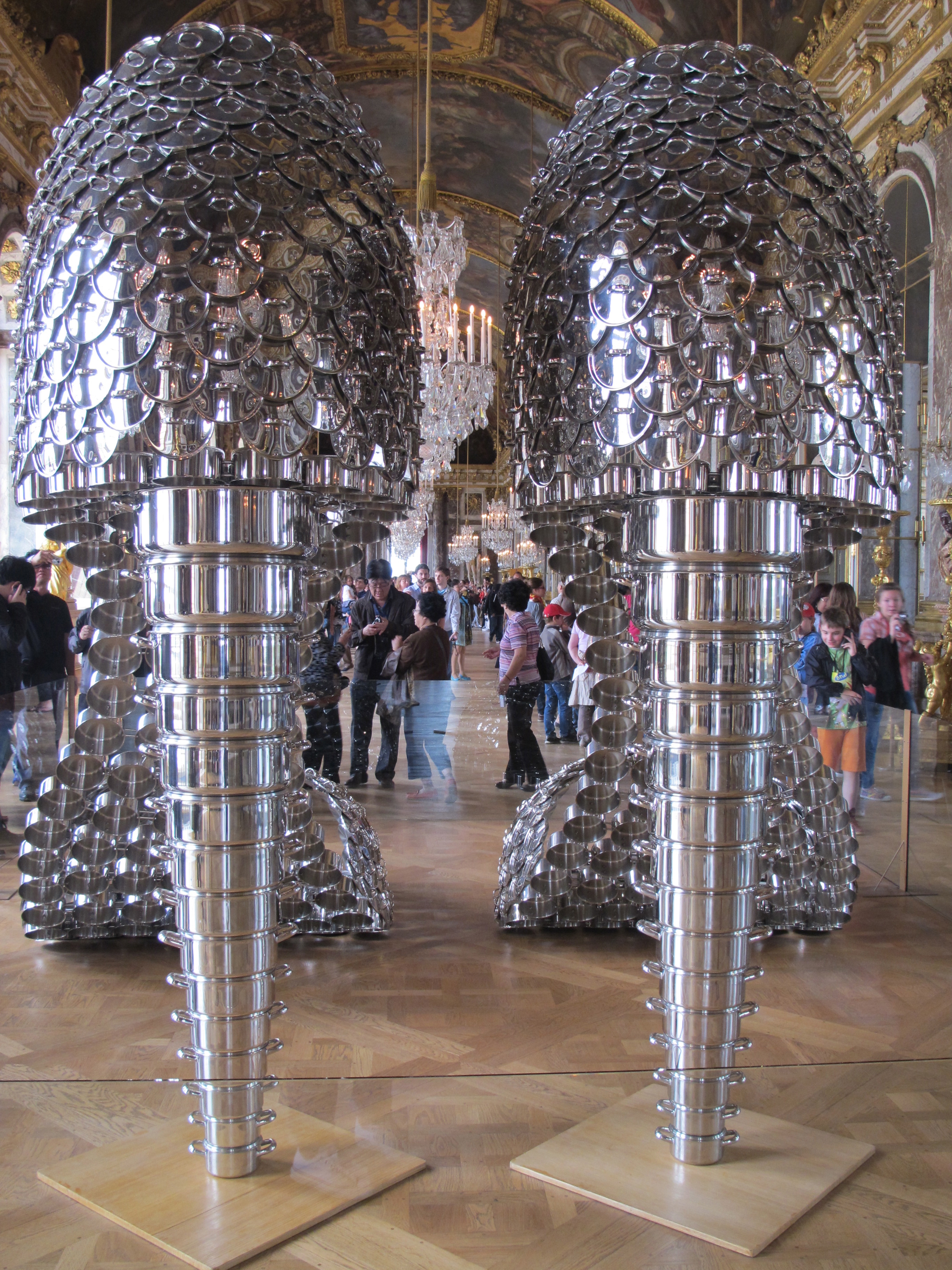How is it to be a woman in France? That was one of the questions I asked the young Minister Najat Vallaud-Belkacem.

The official “gender guide”:
The media was presented a guide booklet about gender equality that’s supposed to be widely distributed to different public institutes, such as schools, universities or municipalities.
Is a guide-book really necessary one might wonder? Apparently the situation of equal rights between the two sexes in France is so bad that the socialist government has decided to finally tackle it. Has France then stood still since Simone Veil passed the law about free abortions in 1975?
Unfortunately that seems to be the case. To commemorate that it was 70 years ago that women got the right to vote (in April) in France, President Hollande, with Najat as the representative for women’s rights, wants to show the French that he cares about society’s “weaker sex”.
“It’s needed!” exclaims Yvette Roudy – former Minister of Women – because despite laws and rules nothing much has happened. However we mustn’t forget that male-chauvinism is around 2000 years old while women’s rights have only been debated since half a century!”
Najat Vallaud-Belkacem:
This 37-year old, French-Moroccan woman has succeeded well in her life. Coming from the Moroccan countryside with seven brothers and sisters she arrived as a school girl to France where her father worked as a builder. From the suburbs of a small French town, this brilliant young woman, continued against all odds with her university studies, politics followed suit. In 2002 she adhered to the socialist party where she since has climbed up the ladder first together with Hollande’s former partner, the politician Ségolène Royale, and then with the President himself.
She stands for a renewal of the French elite and for a more equal society but assures us that “this is not a struggle that will divide the population between men and women but a struggle that is beneficial for both sexes”.
There will be sanctions for the politicians who’ll ignore gender problems. The idea is to impose an equal division between the sexes within all areas of expertise.
Men and women:
It seems that finally the French are attacking the injustices between men and women: not only about the inequality in the salaries (French women still earn, in three out of four cases, less than their male counterparts) but also in hiring women at higher posts rather than keeping them at subaltern ones which is still the case within several sectors.
Another question that has been largely discussed in France lately is how different boys and girls are being treated in the schools. The satirists and the caricaturists have rejoiced at politicians (from the opposition) that have been offended by school manuals where the young ones are shown drawings of naked men and women, of all ages… In this Catholic country teachers have complained that several children have never seen their parents naked. Apparently many grow-ups are shy in front of their children and only show their nudity to their other halves (or their mistress/lover…). Thus children have to be taught in school what a grown up looks like without his cloths on.
Other new school books are supposed to help girls to become tougher such as On n’est pas des poupées (”We aren’t dolls”) by Delphine Beauvois and Claire Cantais where a small girl declares that she doesn’t want to become a princess but a Knight!
Paris next mayor: a woman:
The French women are advancing however with one of the most illustrious examples being the struggle of Paris mayor that is between two strong women: NKM – Nathalie Kosciusko-Morizet – for UMP (the right party) against the socialist Anne Hidalgo. The latter is currently leading.
Christine Lagarde, IMF’s General Director, is another highly respected and appreciated French woman.
It’s not that easy to work in a country where motherly leave is only three months long (as opposed to one year in Sweden) and the one for the father’s is still a laughing matter. Therefore many women’s ambitions are halted after giving birth to her first child, having to try to find a nurse or a place in one of the few day care centres.

However, at least for the women having a university degree, there is always a possibility to take up a career later on. The French woman continues to strive upwards and she’s not that easily tramped on anymore even if there is still a lot to do for women. There is also still a large percentage of violence towards women – especially within the homes – and not enough is done to help them. The Minister of Women does have the President’s support though and for the first year, an entire week around March 8, 2014, has been dedicated to women’s problems, with films, documentaries, debates and articles.
The French woman wants to get her share without angering the men for she still wants them to continue to open the door for her and to encourage her from time to time with a bouquet of roses. As such, we women aren’t that different from one country to another…
Anne Edelstam, Paris.

